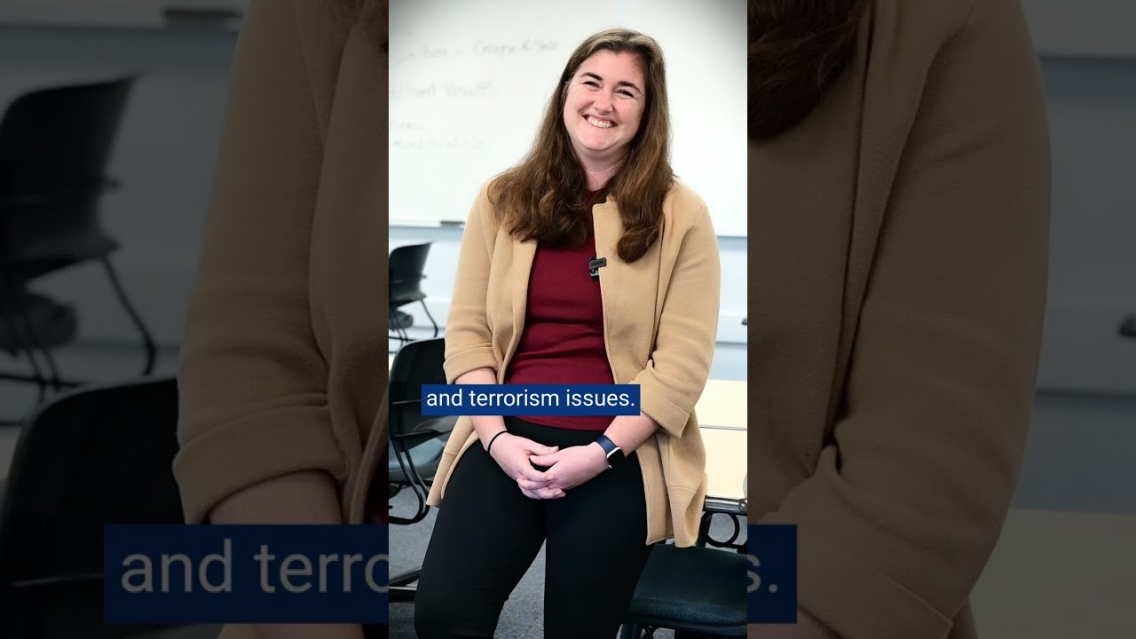From AI to Instability: Navigating a Career in Global Affairs at a Time of Upheaval
| by Katharine Petrich
Dr. Katharine Petrich shares how the newly launched master’s degrees in global governance and threat intelligence prepare students to handle today’s pressing geopolitical challenges.




